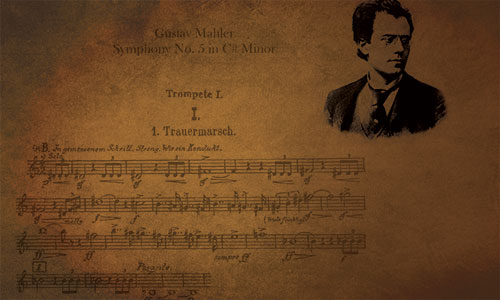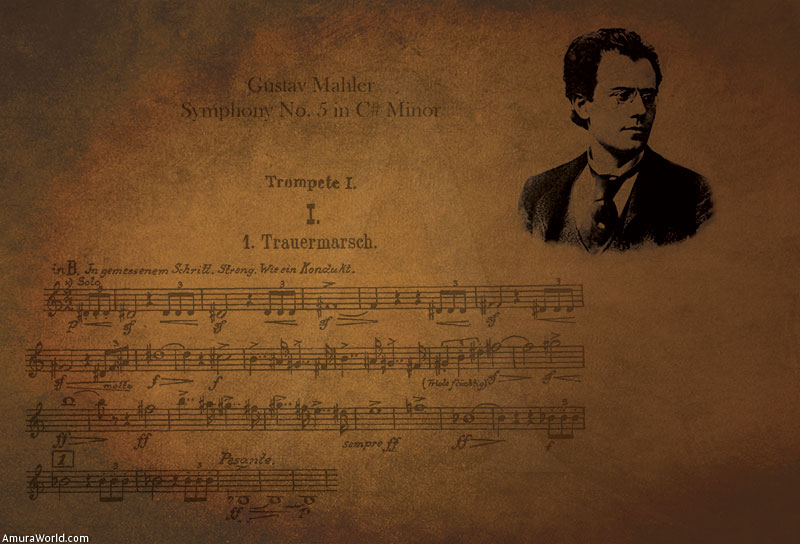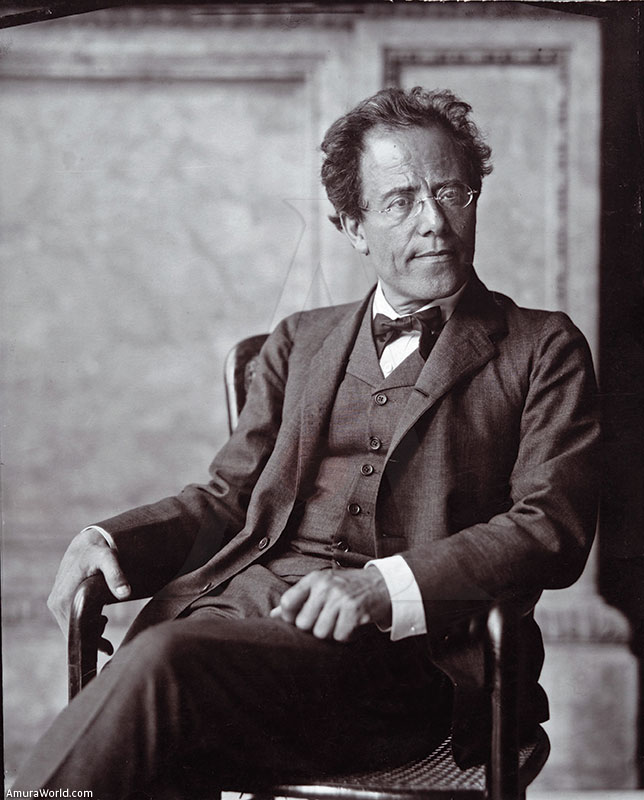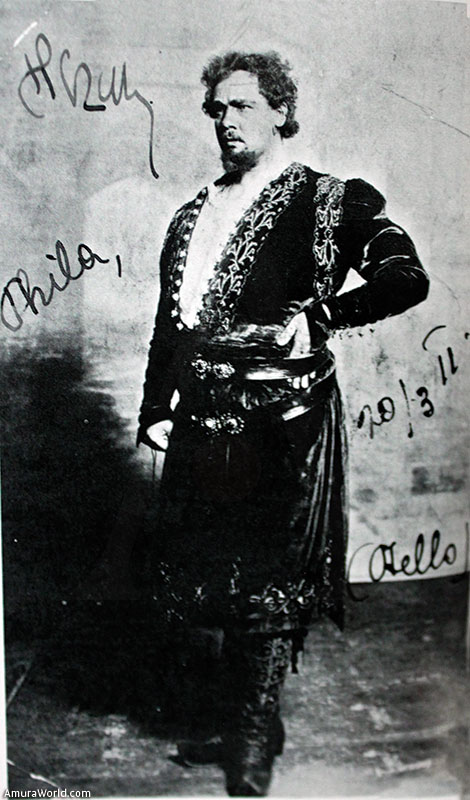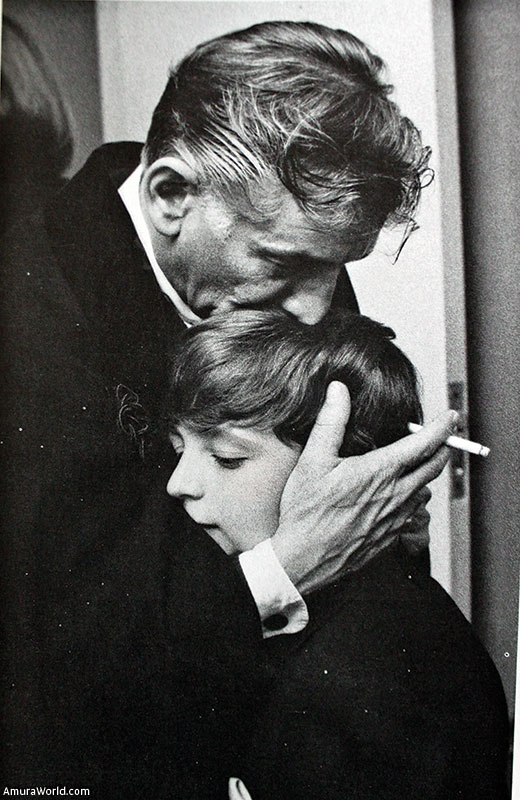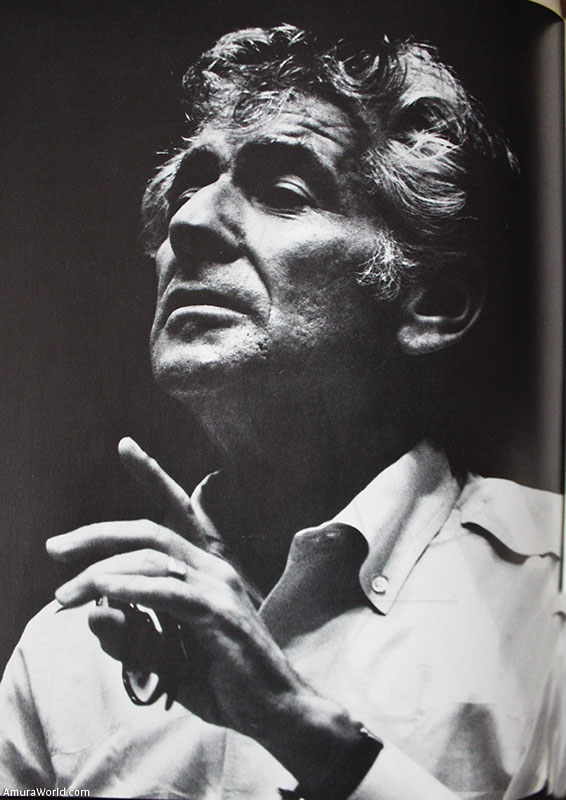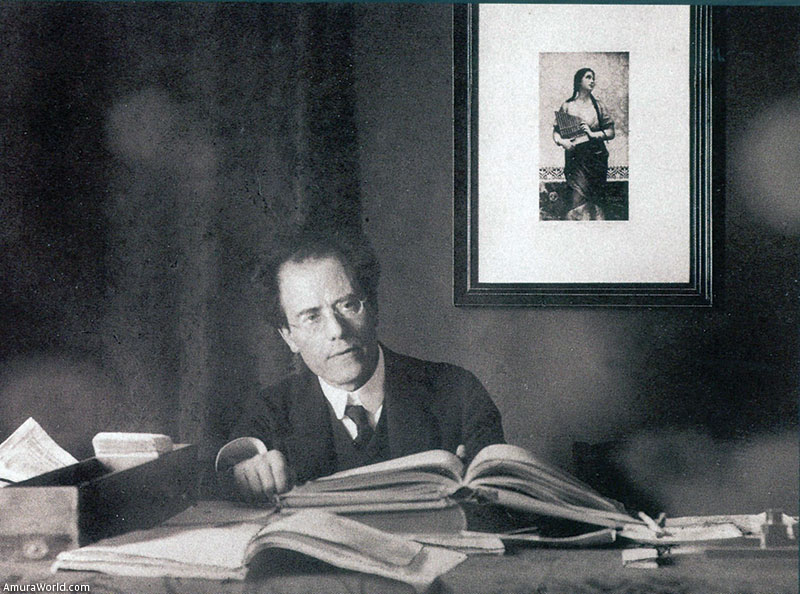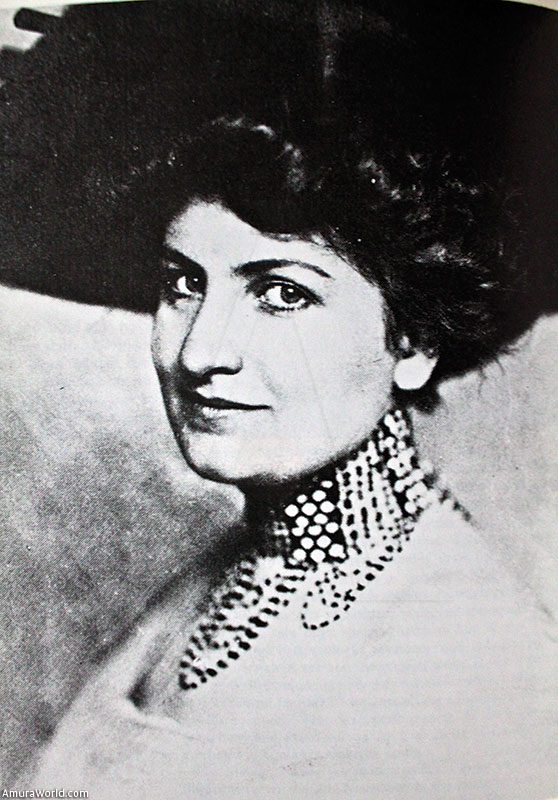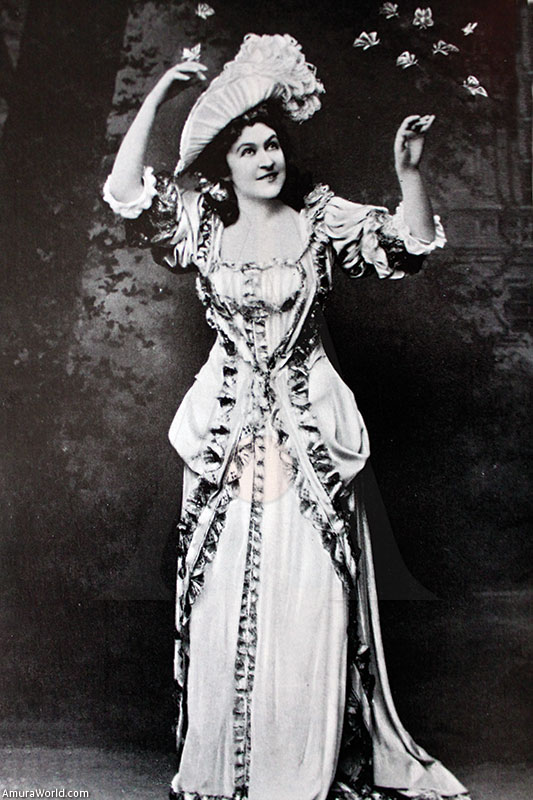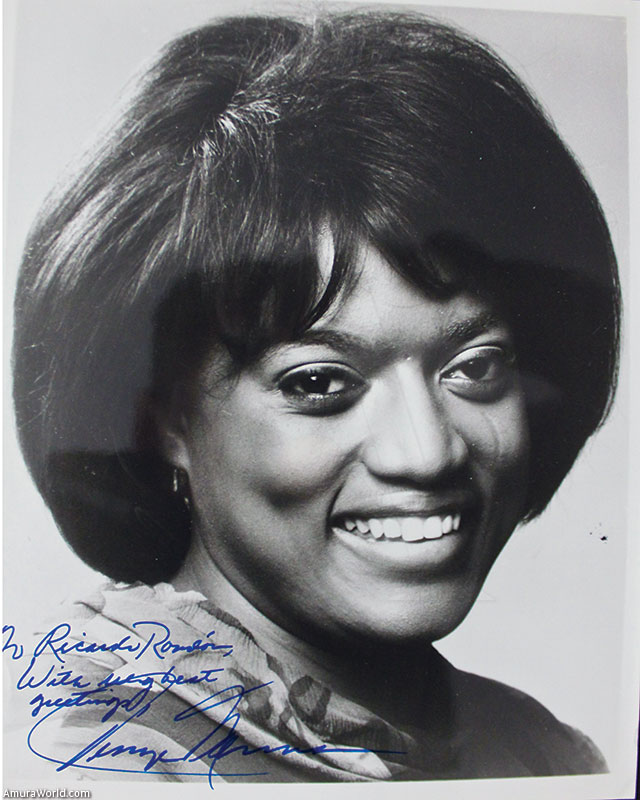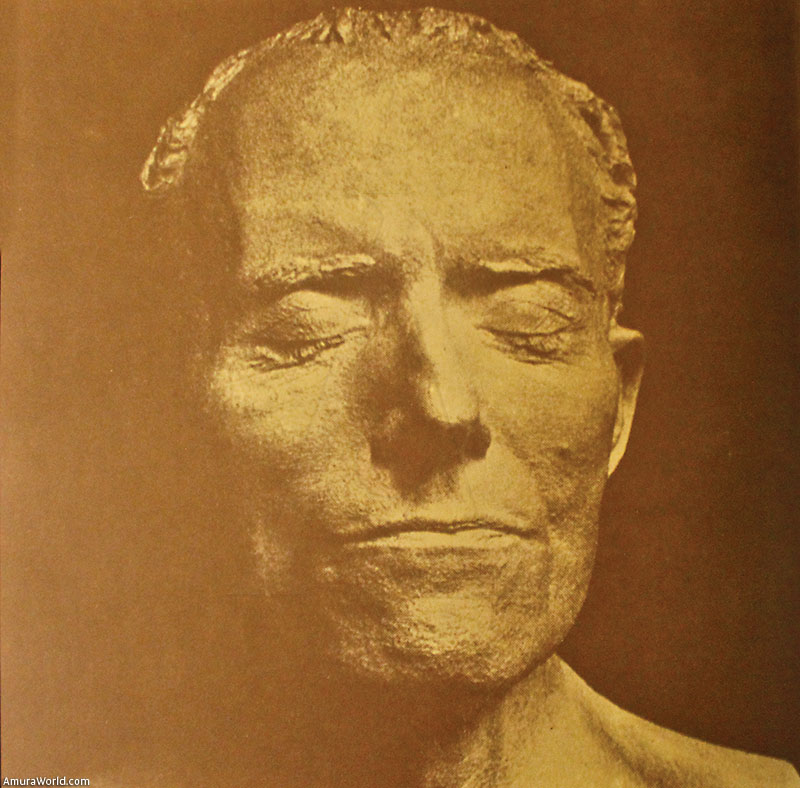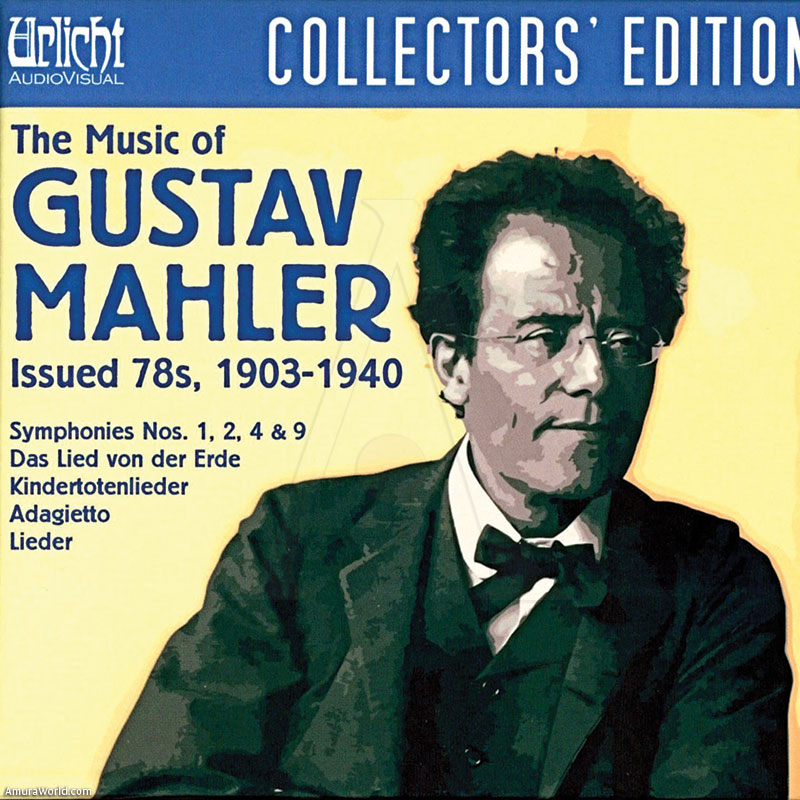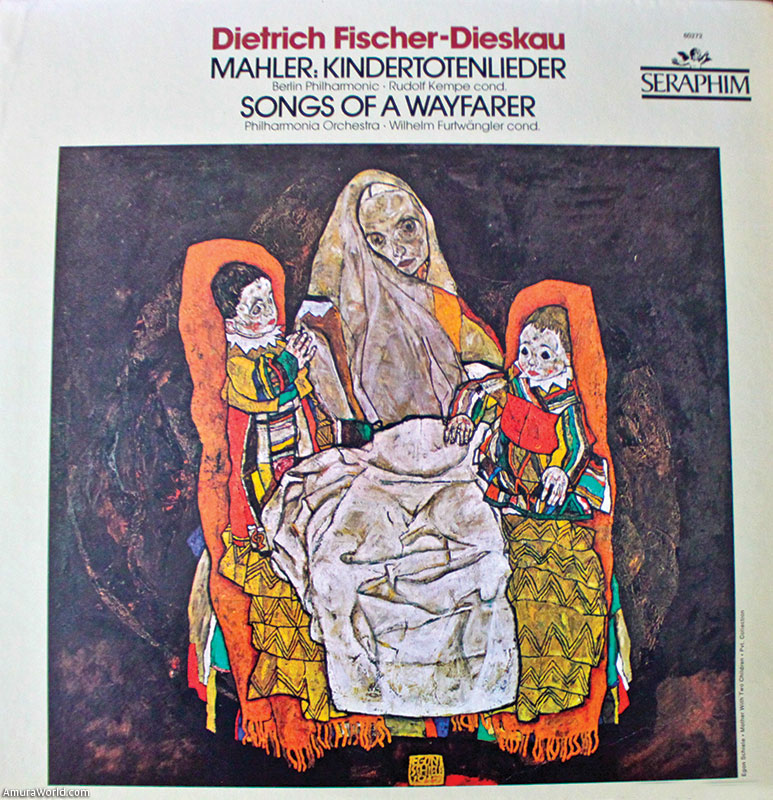Your time has arrived!
In the world of the arts, many men and women were born before their time. Music is a prime example where many composers were not appreciated and whose personality was rejected by them, who made them victims as outcasts. Hence the story of Gustav Mahler, notable conductor especially in the world of opera and a composer of formidable talent. It has been said that the music of Mahler is a “nut hard de crack”, his Symphonies are truly long and it is not possible to penetrate in the profound psychological meaning of his vocal legacy. Once this barrier is torn down we can admire horizons of expression and spirituality that rate him among the great musical minds of all time. He was born in Kalischt, Bohemia on july 7, 1860 and died in Vienna on may 18, 1911. His life led him to experiment all the emotions that man can desire but he was never satisfied with the results of his efforts. His ambition was monumental, his Industry was equally so, but in the eyes of the world he became a famous conductor and composer who strived for perfection all his life.
He was the son of a struggling Jewish tradesman who stretched the budget to give him an excellent education. At four, the boy displayed musical talent when he played by ear on the accordion the soldiers marches he heard issuing from the nearby garrison of Iglau. By the time he entered the conservatory of Vienna in 1875m he was already a fine pianist and a string person, who walked in his sleep and went into sleep-like trances during his waking hours.
His admiration for his teacher, Bruckner and for Wagner, and the offer of a cash prize induced him to attempt a Cantata Das Klagende Lied (The Song of Woe). Its darkest themes were based of the writing of the Grimm brothers. It failed and he turned to conducting as a means of livelihood.
Though he wanted above all to write music, he became one of the world’s finest opera conductors, and was promoted even higher. Until he reached the summit of a conductor’s ambition, the directorship of of the Imperial Opera in Vienna.
His post was extended from 1897 to 1907, the most brilliant in Vienna in the history of its opera according to many.
He had sufficient talent to offer something new in sight and sound and also a tremendous energy level that he applied to obtain all his goals.
Later generations of those who heard him remember: au performances the conductor for the evening was no announced in advance.
This was done once the curtain went up. The audience as tense and excited, especially the young music lovers.
When Mahler stepped on the podium, perfectly shaven, he was like and arrow headed for its goal.
This he transmitted to the audience. Other conductors were Hans Richer, Bruno Walter and Franz Schalk, all with fully grown beards.
Despite this, after ten difficult years and campaign of gossip and slander, unheard of in the musical world, he was fired from his position. As a composer he continued being an all important figure until his untimely death.
Nevertheless his conducting was always admired everywhere. His mannerisms belong to his first years and he matured, so did his behavior. If he admired a singer, he expressed his fascination with a glance could mean support, a question, inspiration If in a foul mood, his baton went up in the air like a knife. If the audience, due to ignorance, applauded at the wrong moment instead of waiting for the orchestral epilogue, he would show his anger. Mahler’s musical tempi provoked controversy for many., The vitality in the Overture to Don Giovanni was positively orgiastic, while the Overture to Die Meistersinger seemed interminable. In general he kept the orchestral volume lower that what was the common practice. His appointment in the Imperial Opera coincided with the death of Johannes Brahms, a composer who always expressed his admiration for Him. When he joined tis Institution he converted to Catholicism after reaffirming this in his Second Symphony called Resurrection. The majority of his biographers feel that it was a sincere move but others called an act of convenience.
His debut at the Opera was with a triumphant performance of Lohengrin in mayo of 1887. From this moment on his forceful personality was felt. One of the innovations was to extinguish the lights of the hall before rising the curtain, something today is considered normal and important for a performance. He made the singers sign a declaration where they promised not to hire a “personal claque”. It was fashionable at the time for that a “claque” or group of paid to applaud that received free tickets to the performances and sat in the gallery. Mahler had the guts to abolish this bad habit. Even today, most theatres continue this bad practice. The composer also acted against those who arrive once the performance had begun and they were no longer admitted during the performance. When the Emperor was informed of the edicts of Mahler, he said with a smile:”Isn’t the theatre a place where people should have fun?”.
Mahler demanded punctuality from his singers, obtained a orchestral level never heard before and took the company to a professional level. In almost all the performances he took charge of the productions and did so with his typical energy as applying the same to the orchestra and singers. The Wagner operas were performed uncut. He offered unforgettable performances fresh in their musicality, something they had lost due to stale repetitions. Two examples were Le Nozze di Figaro and Cosí fan Tutte. He gave a modern touch to Der Freischütz with a special novelty in some scenes. Mahler had a identification with slavish music and allowed a new generation so share this. They saw Tchaikovsk’s Yevgeny Onegin, Iolanta, and The Queen of Spades. He also staged Rubinstein’s The Demon and Dalibor by Smetana. He did not ignore the contemporary composers. In 1898 he included Leoncavallo’s La Boheme in the repertory and after a rift with the author during a rehearsal he did not conduct the opera which shares the same name with Puccini before 1903.
The disputes between Mahler and Hans Richter were famous. Richter was a famous Wagner conductor but when Mahler rose to the top administrative position, he announced publicly that in the future only he would conduct the operas of Wagner, Hans Richter resigned.
Mahler did not like beautiful voices, he preferred strong, metallic and powerful, voices that could cover the complete demands of emotions, with expressivity. Many career bloomed when the singer could combine vocal beauty with artistic sense, the Mahler cooperated without reserves. A notable example was Selna Kurz, who under Mahler sang the premieres in Vienna of La Boheme and Madama Butterfly by Puccini. But, the most popular of all his singers was Leo Slezak, a gigantic tenor from Brünn, a master locksmith with a vocal extension which went from the most delicate pianissimo a the strongest fortissimo with dramatic intensity. His repertory included from Mozart to Meyerbeer and Wagner.
Slezak became one of the most famous artists and also an insufferable prankster. His peculiar sense of humor made working with him hell on earth. The cast could make mistakes and were insecure working with him. The most distinguished collaborator of Mahler was Bruno Walter, a conductor he met in Hamburg. Walter handled the French and Italian repertoires and with time became one of the greatest conductors in the world.
After five years working on the vocal and dramatic aspects of the productions, he decided to concentrate on new and novel productions in the German repertory. The first big hit was Tristan und Isolde by Wagner, next came Fidelio by Beethoven,Don Giovanni, Le Nozze di Figaro by Mozart, Das Rheingold by Wagner, Gluck’s Iphigenia in Aulis,but he also tasted failure with Tosca, Tiefland (D’Albert) and Pelleas et Melisande. This was simply not his music. He had many fans in Vienna but also a large gruop of enemies. He was nor a refined man which made him unpopular. The society of Vienna never has favored tough men even a genius like Mahler. He was either admired or detested. He could be tyrannical although fickle and forgiving and even tolerant. Today he would be called manic depressive. The only thing he loved about Viena were the cafés. When his opinion did not agree with his advisors, he would simply cancel the project, even if the premiere of an opera had been announced. In 1903, two days before the finishing touches for Louise (Gustave Charpentier) the composer demanded a modern production. Mahler said yes but didn’t mean it and postponed the new premiere. Hugo Wolf, had been granted free tickets for the rest of his life died in an asylum a bit before the success of his opera Der Corregidor. Wolf was told that the opera would take place but afterwards postponed by decision of Mahler. Wolf went literally mad.
Mahler was worried of the financial security of his family and only wish to make enough money to keep them well. He married Alma Maria Schlindler in 1902 y they had two daughters. Alma was one of the most attractive women in the European intellectual society and had many relationships before and after Mahler. We can mention Walter Gropius, Alexander Zemlinsky, Gustav Klimt, painter Oskar Kokoschka and Franz Werfel, to mention but a few. Alma had an enslaved existence trying to give happiness to a person that could not feel like she did. But.......this is another story that we reserve for a distant future.
When Gustav was a child, somebody asked him: What would you like to be when you grow up? and he responded A Martyr. He never thought that this phrase would become a reality, that took place when awful attacks and envies managed to dim his personality. In the summer of 1907 he felt he would not stand for this any longer and would not tolerate the revolution of the mediocre. He presented his resignation and it was accepted despite the efforts of the Austrian intellectuals to change decision. His last performance was with Fidelio on October of 1907. He gathered his diplomas and honors y put them in his desk leaving instructions to give them to his successor. He sailed to America, to New York to conduct Wagner at the Metropolitan and perform the Philharmonic. He worked endless hours with the orchestra but was treated poorly by the audience and the American press.
Since 1907 he had been having heart problems and it is believed that he had a coronary thrombosis during a rehearsal of Lohengrin. He got worse in New York and had to return to Vienna. In may of 1911, with rain and windy weather at his side, the man “who was fired-as he used to say- was buried in Hietzing, with an enormous attendance. In a letter of farewell to his collaborators at the Opera, Mahler wrote: I have dreamt of giving you something complete and rounded out, but I leave you something that is not perfect and unfinished that very much resembles humanity”.
Mahler composed beautiful songs, vocal cycles of profound inspiration, of these, Kindertotenlieder (Songs for the death of children) and Songs of a Wayfarer are favorites of both mezzo-sopranos and baritones. But, the Ten Symphonies are better known. The last was unfinished although edited by musician Deryck Cooke. Mahler’s symphonic legacy opens to his inner torments, his spiritual yearning......and his surprising capacity for handling the instruments of the orchestra. The chorus appears in some of the Symphonies, and their participation is overwhelming. It is also important to feels his use of the brass and wind instruments. There are few orchestras capable of doing his music full justice. The Symphonies are long, some have up to six movements. They are the daughters of the composer and will only receive the love and enthusiasm of those willing to explore the bottom of their soul.
Nowadays Mahler had great artists to champion his music. It is popular thanks to their devotion. Bruno Walter, Dmitri Mitropoulos, Bernard Haitink, Leonard Bernstein, Claudio Abbado, Rafael Kubelik, Jascha Horenstein, Pierre Boulez and Sir Simon Rattle, are among the most famous. During several decades the music of Mahler has become part of the basic repertoire of the great orchestras of the world. He had once said: Mi time will come!......and truly, Gustav Mahler, your time is now!
RECOMMENDED DISCOGRAPHY
A selective discography
- Rückert Songs. Janet (Baker, Barbirolli, New Philharmonia Orchestra (EMI).
- Kindertotenlieder (Songs for the death of Children) (Katheen Ferrier, Bruno Walter, Vienna Philharmonic) (EMI).
- Das Klagende Lied (Song ofMourning) Helena Döse. Alfreda Hodgson, Robert Tear, City of Birmingham Symphony Orchestra and Chorus, Sir SimonrRattle, Conductor (EMI).
- Das Lied von der Erde (The Song of the Earth) Ferrier, Patzak, Vienna Philharmonic, Rruno Walter, Conductor (Decca).
- Symphonies (Complete).
Soloitsts, Berlin Philharmonic, Vienna Philharmonic, Chicago Symphony Orchestra, Choral groups, Claudio Abbado, Conductor (DG).
New York Phlharmonic, Choral Groups, Leonard Bernstein, Conductor (Sony).
Soloists, Orchestra and Chorus of the Concertgebouw of Amsterdam, Bernard Haitink, Conductor (Philips).
- Symphony No. 10 (edited by Deryck Cooke)
Berlin Philharmonic, Sir Simon Rattle, Conductor (EMI).
- Das Knaben Wunderhorn (The Youth’s magic horn) Baker,G eraint Evans, London Philharmonic Orchestra, Wyn Morris, Conductor (EMI).
In order to experience the magical powers of the Mahler Symphonies we recommend starting with Nos. 1 and 3. Little by little you will discover an original musical testimony that stimulates and enriches the human spirit.
Download the app for the digital musical version.
Text: Ricardo Rondón ± Photo: F. Axel Carranza

